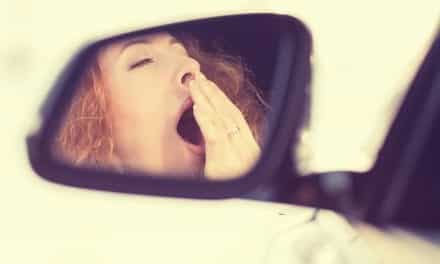“Although the weekend seems like the perfect time to spring ahead, losing that hour of sleep during a weekend is more disruptive to our sleep cycles than expected,” says Pete Bils, vice president of Sleep Science and Research at mattress maker Sleep Number, in a release. “Most people change their schedules on the weekends, they go to bed later and sleep in, which makes the body feel like it’s traveling across time zones. This ‘jet lag’ leaves lasting effects, including feelings of anxiety, sadness, or stress—and a lack of motivation on Monday morning. In fact, Mondays are the worst days for heart attacks, traffic accidents, and workplace accidents—and these numbers are compounded the Monday after Daylight Saving Time begins.”
Recent SleepIQ technology data gathered from tens of thousands of Sleep Number sleepers shows that Americans get the best sleep quality and quantity on Tuesday nights, making it the perfect night to sacrifice an hour of sleep, if you must.
That is why Sleep Number believes in changing Daylight Saving Time from the second Sunday in March to a night when we’re sleeping the best, so it’s easier to recover. Americans can weigh-in on social media channels with their opinion by using #MakeItTuesday.
“Losing an hour mid-week is easier because we’re getting more sleep and are back on normal schedules,” Bils adds. “And a bonus, if we move the time change to a week day, the weekend remains intact! And who doesn’t want that?”




